Welcome!
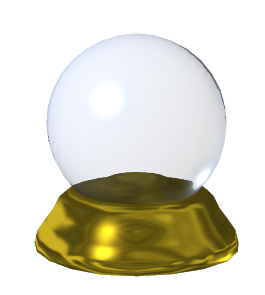
Gaming4JC. (2007). 3DCrystal ball. Retrieved 23/02/17 from https://commons.wikimedia.org/wiki/File:3DCrystal_ball.png
We all have a lot of questions about the future.
Sometimes we wonder….
In this section, you will learn how to make questions about the future!
By the end of this section, you will identify the uses of the different question words using communicative activities to ask questions about the future.
At the end of the topic you will:
Recognise the uses of different question words through communicative activities to ask questions about the future.
We can ask some questions about the future using:
GOING TO and WILL
Remember that there are several types of question words. Each word has a specific use. For example, if you want to know a place you always use WHERE:
Where are you going to have lunch today? We are going to have lunch at Fuzzy.

WHERE – Places
Wikipedia. (2007). Rome in 2007. The Colosseum. Retrieved 23/02/17 from https://en.wikipedia.org/wiki/Portal:Rome
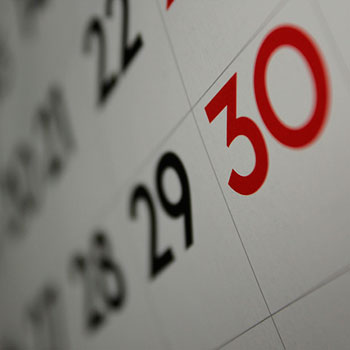
WHEN- moment , day, month, year
Cholet, D. (2011). Calendar. Retrieved 23/02/17 from https://www.flickr.com/photos/dafnecholet/5374200948
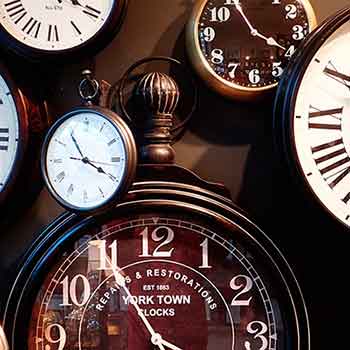
WHAT TIME – specific time
Endlesswatts. (2015). Relojes. Retrieved 23/02/17 from https://pixabay.com/es/relojes-reloj-tiempo-ver-fecha-1098080/

WHAT – general info
95C. (2015). Doubt. Retrieved 23/02/17 from https://pixabay.com/p-1076014/?no_redirect

WHICH – choice, alternative
kvrkchowdari. (2016). Elegir. Retrieved 23/02/17 from https://pixabay.com/p-1536336/?no_redirect

WHO – person, people
Clker-Free-Vector-Images . (2012). Personas. Retrieved 23/02/17 from https://pixabay.com/p-43575/?no_redirect
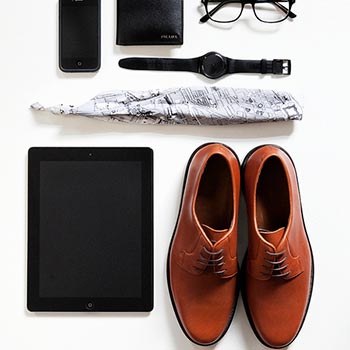
WHOSE – possession
Conway, L. (2011). My things. Retrieved 23/02/17 from https://www.flickr.com/photos/conwayl/6601075747
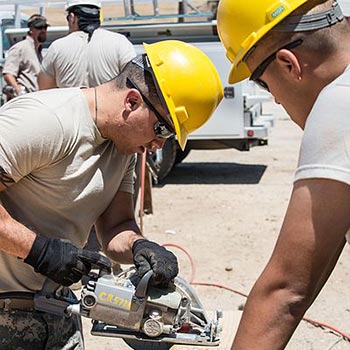
HOW – Manner, way
Spc. Brandan Zachery . (2016). Building a future, repairing lost history, 315th Engineer Vertical Construction Company renovates aging buildings on Camp Roberts 160516-A-HC040-003. Retrieved 23/02/17 from https://commons.wikimedia.org/wiki/File:Building_a_future,_repairing_lost_history,_315th_Engineer_Vertical_Construction_Company_renovates_aging_buildings_on_Camp_Roberts_160516-A-HC040-003.jpg
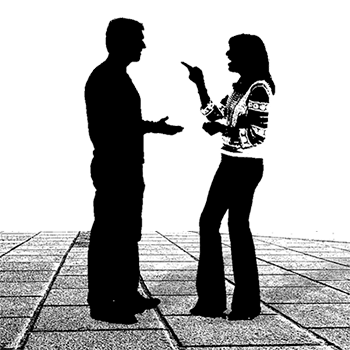
WHY- Reason, explanation
kabaldesch0. (2015). Conversación. Retrieved 23/02/17 from https://pixabay.com/p-799448/?no_redirect

HOW LONG - Period of time
Seagul. (2015). A la espera. Retrieved 23/02/17 from https://pixabay.com/p-1047678/?no_redirect
Your best friend is going to travel to NYC next month. Ask him some questions about his plans.
Activity 1
Now we are going to visit a woman who can see the future. Do you think this is possible?
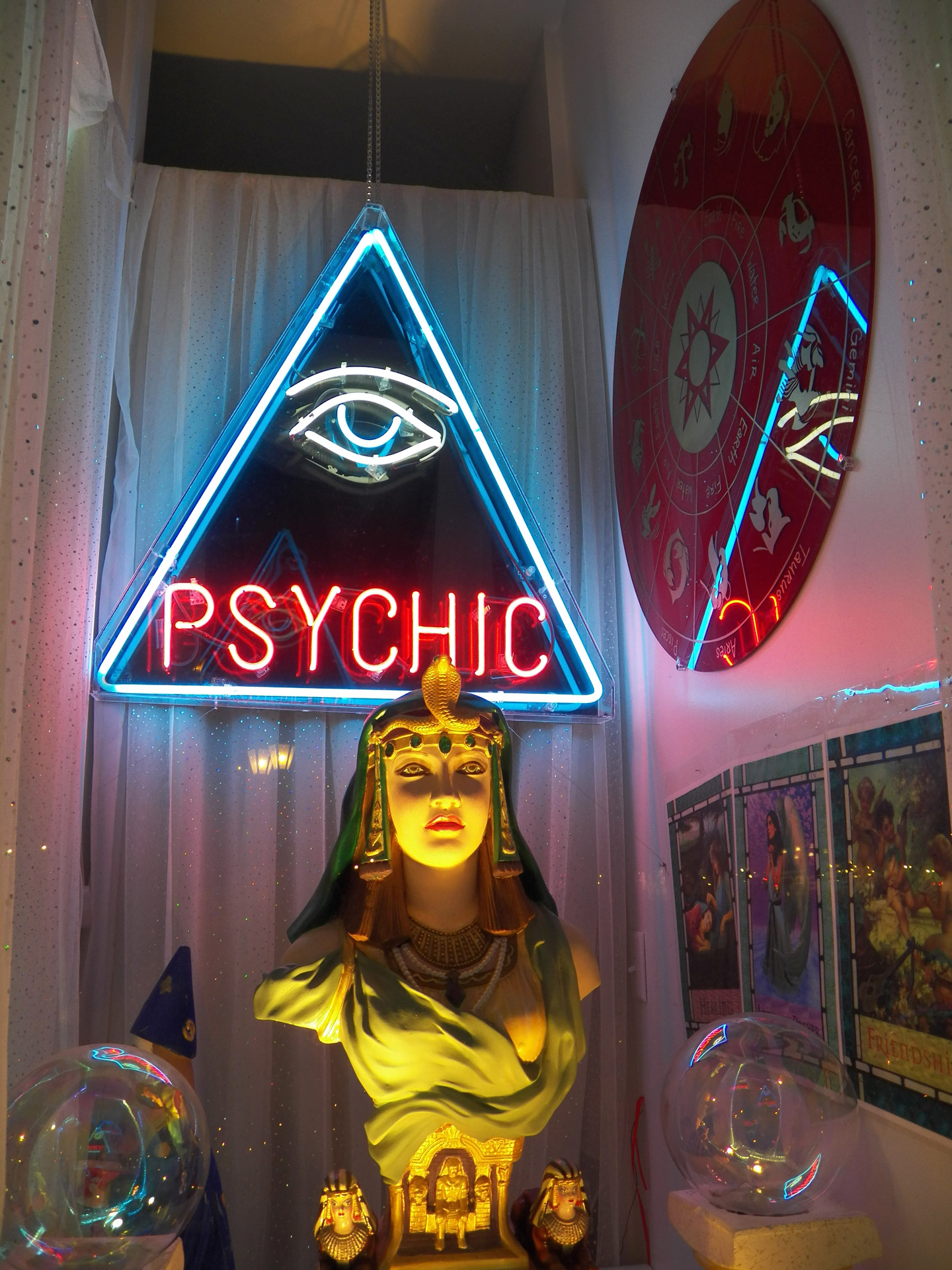
Junior Libby. (n/d). Psíquico. Retrieved 19/05/17 from http://www.publicdomainpictures.net/view-image.php?image=25160&picture=psychic
You are going to read the testimony of Martha, a journalist talking about her visit to a psychic
Read the story and answer the questions.
|
My visit to a psychic When I arrived, I was shown the psychic's office, which looked more normal than I expected. Otta is her name, and she seems to be a kind and sincere woman. She told me that she inherited the “ability” to see the past, present and future from her grandmother. First, she asked me a few basic questions – Was I single? Did I have a boyfriend? And so on. However, her next questions surprised me. Otta: Who is Antonio? Martha: I don’t know. I don’t know anybody named Antonio. Otta: Well, somebody named Antonio is going to have a significant influence on your finances soon. Also, a city in the south of the United States is substantial for you. Martha: Really? I have never been to the USA. Otta: You will go very soon. Very soon. Another place that is very important for you is Colombia. Martha: yes, that’s true. Colombia plays a big role in my life. In fact, I grew up there. Otta: Colombia is a place where you will find a lot of answers. M: Will I get married there? O: Probably, I can see that you will meet a perfect man there. M: What does he look like? O: He is very tall. M: How long are we going to be married? O: Calm down, don’t go that fast. He is brilliant. In fact, it’s his brain that will attract you to him. He is a public figure. M: Where am I going to meet him? O: Actually, you will meet him in a big place, maybe a library or a concert hall. To be continued… |
Now answer the questions. Type your answer for each question.
Activity 2
Listen to the end the story of Martha and the psychic Otta.
Now choose the correct option for the following statements. At the end of the activity, you can check your score.
Activity 3

NASA/NOAA/GSFC/Suomi NPP/VIIRS/Norman Kuring. (2012): North America from low orbiting satellite Suomi NPP. Retrieved 23/02/17 from https://es.wikipedia.org/wiki/Archivo:North_America_from_low_orbiting_satellite_Suomi_NPP.jpg
Do you imagine the world in 20 years?
Probably in 30 years? How will we live in the year 2050?
Watch the video Life in 2050.
Now, according to the video, answer the question:
How will the world be different in the future?
Look at the example.
How will the world be different in the future?
I think the world will be pretty dangerous in the future because of the way things are happening. We are going to build many machines that will rule our lives. We won’t be able to make choices anymore.
We won’t be in contact with other beings anymore. Everything will be fake and cold.
Before you write your description, take a look at the rubrics that you will use to get your score when you finish your writing.
Activity 4
You have ten answers. You have to write the questions for these answers. Write and record your questions.
For example, the information to make your question is:
Valeria is going to travel next week.
The question to get that answer could be:
When is Valeria going to travel?
If you look closely, the time expression next week is in the sentence. We use this time expression when we want to know about the moment, days or periods an action will happen.
So, in the recording you would have to record something like:
“Question number 1: When is Valeria going to travel?”
This should take no longer than 10 minutes.
Now look at the following rubrics, they will help you:
In this section, you learned that there are several words in English that you can use to make questions about the future.
You have to pay attention to the information you want to. If you want to know the place, you use WHEN.
If you want to know the reason, you use WHY.
Once you have this, you need to remember the order of the question.
QW
+TO BE
+SUBJECT
+GOING TO
+VERB SIMPLE FORM
+?
QW
+WILL
+SUBJECT
+VERB SIMPLE FORM
+?
Now with this in mind, look at the questions and decide if they are correct or incorrect by choosing the right option. At the end of the activity, you can check your score.
Murphy, Raymond. (2012). English Grammar in Use. Intermediate. Cambridge: CUP [4ed].
British Council. (n.d). Learn English. Retrieved 22/02/17 from https://learnenglish.britishcouncil.org